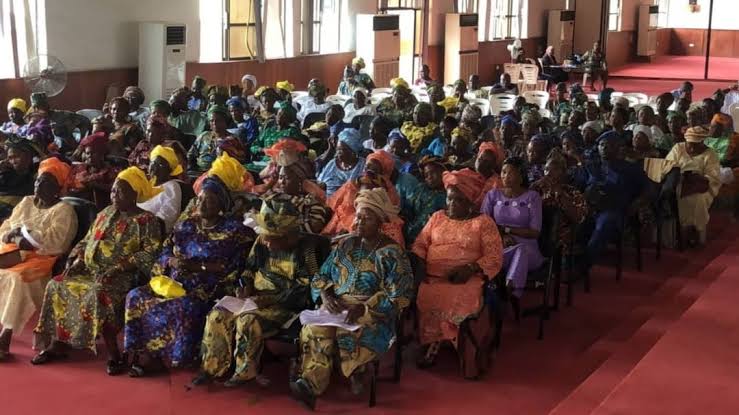- Safiu Kehinde
Civic tech organisation and socio-economic accountability group, BudgIT, has charged state governments across Nigeria to implement the national policy on Women’s Economic Empowerment.
BudgIT gave the charge in a statement issued on Wednesday by its Senior Communications Associate, Nancy Odimegwu.
The organisation urged the subnational governments to adopt and implement the National Women’s Economic Empowerment (WEE) Policy and Action Plan which was designed to boost economic progress for women in Nigeria.
According to the statement, only Kaduna State has commenced the implementation, while 11 other states—Akwa Ibom, Borno, Cross River, Edo, Enugu, Kano, Kwara, Lagos, Nasarawa, Plateau and Taraba—are currently domesticating the policy.
Seven other states—Adamawa, Benue, Imo, Niger, Ogun, Oyo and Zamfara—have reportedly signalled interest, while 17 states—Abia, Anambra, Bauchi, Bayelsa, Delta, Ebonyi, Ekiti, Gombe, Jigawa, Katsina, Kebbi, Kogi, Ondo, Osun, Rivers, Sokoto and Yobe—are yet to take action.
BudgIT maintained that call came as part of its partnership with the Federal Ministry of Women Affairs and other civil society organisations under the Nigeria WEE Policy Catalyst Fund project, designed to accelerate state-level action on women’s economic inclusion.
Thee WEE Policy and Action Plan, which
according to the statement is currently in its socialisation phase, aimed towards enhancing women’s economic participation nationwide.
As part of its efforts, BudgIT developed and disseminated a detailed Policy Memo to all 36 State Governors, State Houses of Assembly, and State Ministries of Women Affairs.
The memo identified critical gaps in women’s economic participation, offers tailored recommendations, and emphasises the importance of mainstreaming gender-responsive policies across states.
As described by the civil organisation, the Policy Policy Memo is a strategic tool designed to encourage states to develop targeted interventions, implement necessary reforms, and integrate Women’s Economic Empowerment (WEE) principles into their development planning.
It also emphasised the urgent need to institutionalise monitoring frameworks that track progress toward gender-equitable economic outcomes.
Commenting, BudgIT’s Country Director, Gabriel Okeowo, emphasised that domestication at the subnational level can address disparities in employment, education, and social norms by promoting gender-responsive budgeting, creating pathways for skill development, and expanding access to credit and financial services for women entrepreneurs.
“Subnational implementation of the WEE Policy is essential for closing gender gaps in employment, access to finance, and economic mobility.
“With gender-responsive budgeting, skills development programs, and financial inclusion measures, state governments can unlock the economic potential of millions of Nigerian women.
“This isn’t just a moral imperative—it’s an economic strategy for shared prosperity and resilience.” Okeowo said.


